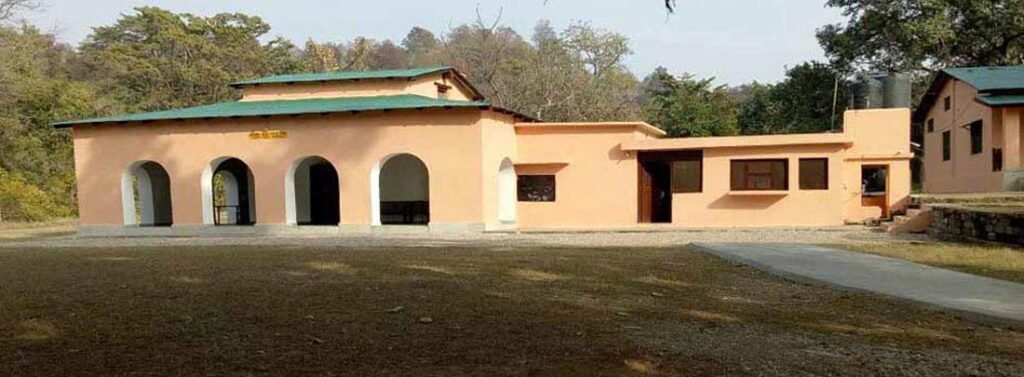
Get Free Quote
Information About Jhirna Zone
Jhirna Zone is one of the most visited among the six ecotourism zones in Corbett National Park. Established in 1994, Jhirna was added later than the other zones as part of an expansion of the tiger reserve. Farmland from Jhirna village and two neighboring villages was incorporated into the reserve, with the villagers being relocated nearby. The area was then transformed into a lush, exotic forest. Unlike other zones that close during the monsoon season (except Dhela), Jhirna remains open year-round, attracting numerous visitors throughout the year.
Located on the southern edge of Corbett Reserve, Jhirna Zone is renowned for its tiger and sloth bear sightings, as well as its rich wildlife and breathtaking landscapes. The terrain is predominantly dry deciduous forest, featuring a vast grassland known as Laldhang Chaur, a favorite grazing area for herbivores like deer, chitals, nilgai, and elephants. The zone’s numerous water streams support its diverse wildlife and enhance its natural beauty, making it an excellent destination for bird watching.
Jhirna Forest Rest House
The Jhirna Forest Rest House, located just inside the southern boundary of Corbett National Park, offers a unique wildlife experience along the Ramnagar to Kalagarh road. The landscape here is drier compared to Dhikala, with scrub vegetation dominating the area. Once a farming village, Jhirna was successfully relocated in 1994 under Project Tiger, allowing the abandoned farmland to gradually revert to a wild state, now managed to develop grassland habitat. The surrounding terrain features numerous seasonal streams and narrow gorges typical of the Shiwalik landscape, with dense bamboo patches covering the northern hills.
The Jhirna Forest Rest House features four rooms, with two available for online booking and two for offline reservations. Each room is equipped with a double bed and an attached bathroom. While the rooms are spacious and the bathrooms are clean, amenities are minimal. This accommodation is not suitable for those seeking a luxurious holiday. Instead, it is perfect for true wildlife enthusiasts who are comfortable with basic facilities and wish to experience staying deep within the jungle. The guest house operates without regular electricity, relying solely on limited solar power.
Jhirna is a prime habitat for tigers, leopards, and deer, and also supports other fascinating wildlife such as sloth bears and wild boars. Birdwatchers will also find a variety of bird species to enjoy in this rich ecosystem.